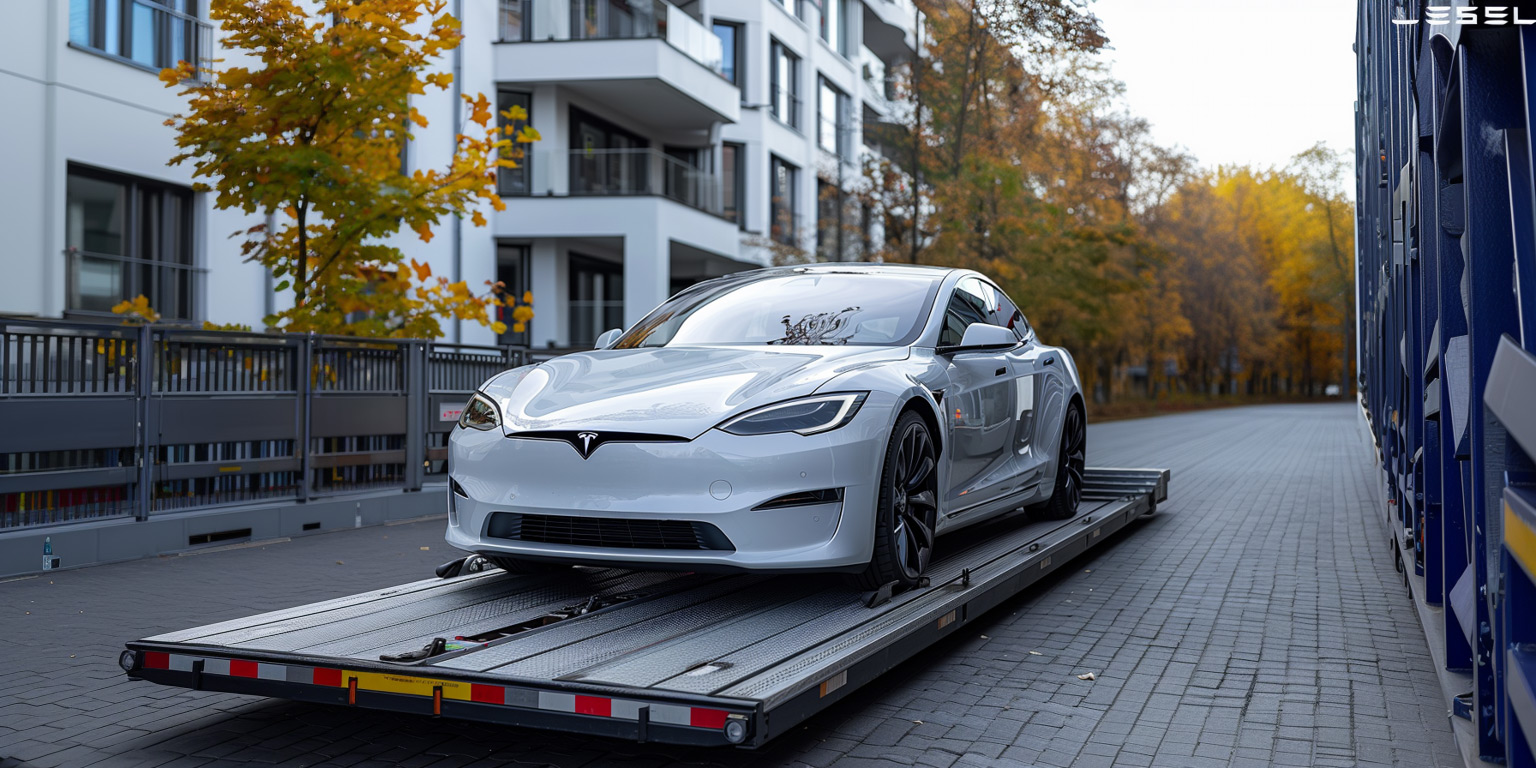
Electric cars hailed as the future of motoring, offer a green alternative to the gas-guzzling vehicles of yesteryear. Their potential to reduce our reliance on fossil fuels and cut emissions is significant. However, like any technological advancement, they come with their own set of limitations and challenges. Let’s delve into the various aspects where electric cars might not live up to the hype.
Battery Issues: The Heart of the Problem
Battery Degradation
One of the most significant issues plaguing electric vehicles (EVs) is battery degradation. Over time, the lithium-ion batteries that power these cars lose their ability to hold a charge. This degradation reduces range and efficiency, much like a smartphone battery becomes less reliable after a few years. This means more frequent charging and potentially costly battery replacements for EV owners.
Battery Management System (BMS) Failures
The Battery Management System is designed to monitor and manage the battery’s performance, ensuring it operates within safe parameters. However, BMS failures are not uncommon and can cause the vehicle to shut down unexpectedly. This can leave drivers stranded, leading to inconvenient and potentially dangerous situations.
Charging Infrastructure: A Work in Progress
Sparse Coverage in Rural Areas
While urban areas are increasingly well-served by charging stations, rural areas often need more infrastructure. This scarcity makes long-distance travel in an electric car a logistical challenge, with drivers having to meticulously plan their routes to ensure they stay in charge in the middle of nowhere.
Inconsistent Charger Performance
Their performance can be hit or miss even when charging stations are available. Some chargers work flawlessly, while others are prone to malfunctions. This inconsistency can lead to frustrating delays, particularly if a fast charger is needed and the only available unit needs to be in order.
Long Charging Times
Fast charging stations can replenish an EV battery in about 30-45 minutes, but these stations are not always available or operational. For standard chargers, the process can take several hours. This contrasts sharply with the few minutes it takes to refuel a petrol or diesel car, making EVs less convenient for those with tight schedules.
Towing: An Achille’s Heel
Reduced Range When Towing
Electric cars are generally not well-suited for towing. Attaching a trailer or caravan reduces the vehicle’s range, as the additional weight and aerodynamic drag require more power. This limitation is a significant drawback for those who enjoy camping or need to tow heavy loads.
Limited Towing Capacity
Most electric cars have a limited towing capacity compared to their petrol or diesel counterparts. This makes them impractical for towing anything substantial, further limiting their appeal to specific users.
Weather-Related Performance Issues
Cold Weather Range Reduction
Cold weather is the nemesis of lithium-ion batteries. Low temperatures reduce their efficiency, leading to a significant drop in range. For drivers in colder climates, this means more frequent charging and less predictable performance, complicating travel plans during winter months.
Increased Energy Consumption
In cold weather, battery performance drops, and energy consumption increases. Heating the cabin, defrosting windows, and using other electric features draw more power from the already struggling battery, exacerbating the range issue.
Cost: The Financial Barrier
High Initial Purchase Price
Electric cars tend to be more expensive than their petrol or diesel counterparts. Although running costs are lower due to cheaper electricity and reduced maintenance, the high initial purchase price can be a significant barrier for many potential buyers. Government subsidies and grants help but don’t completely offset the cost difference.
Depreciation Concerns
The rapid pace of advancements in EV technology means that newer, more efficient models are constantly being released. This rapid turnover can lead to steep depreciation for older models, affecting their resale value and making them a less attractive investment.
Depreciation: The Silent Cost
Why Electric Cars Depreciate Faster
Electric cars depreciate faster than their petrol and diesel counterparts. This accelerated depreciation is primarily due to the rapid advancements in EV technology. Newer models with better range, efficiency, and features are released frequently, making older models less desirable. Consumers prefer the latest technology, which pushes down the value of used electric cars.
Battery Wear and Tear
Another factor contributing to depreciation is battery wear and tear. As the battery degrades over time, the car’s range and performance diminish, making it less appealing on the second-hand market. Potential buyers are wary of purchasing a used EV with a battery that may soon need an expensive replacement.
Limited Market Demand
The market demand for used electric cars is less intense than for conventional vehicles. Many consumers still have reservations about EVs, including concerns about charging infrastructure and battery longevity. This limited demand further drives down the resale value of electric cars.
Environmental and Ethical Concerns
Environmental Impact of Battery Production
The production of lithium-ion batteries could be more environmentally friendly. Lithium, cobalt, and nickel mining involves significant ecological disruption and energy consumption. These processes contribute to pollution and carbon emissions, somewhat offsetting the environmental benefits of driving an electric car.
Human Rights Issues
In addition to environmental concerns, ethical issues related to mining battery materials. Reports of poor working conditions, child labour, and human rights abuses in mining operations, particularly in countries like the Democratic Republic of Congo, cast a shadow over electric vehicles’ green credentials.
Conclusion: A Mixed Bag
While electric cars represent a significant step towards reducing our reliance on fossil fuels and cutting emissions, they are not without their drawbacks. Battery degradation, limited charging infrastructure, towing challenges, cold weather performance issues, high costs, and environmental and ethical concerns must be addressed. This collective effort is crucial as the technology continues to evolve, and it invites potential buyers and enthusiasts to be part of the solution.
It’s crucial for potential buyers to carefully consider these factors. Electric vehicles can be an excellent choice for city driving and short commutes, where their benefits are most apparent. However, for those needing to travel long distances, tow heavy loads, or operate in areas with extreme weather, the limitations of electric cars may be more pronounced.
In the end, while electric cars offer a glimpse into a cleaner future, it’s essential to approach them with a realistic understanding of their current limitations. This knowledge will empower potential buyers to make informed decisions and adapt to the evolving landscape of electric vehicle technology.


